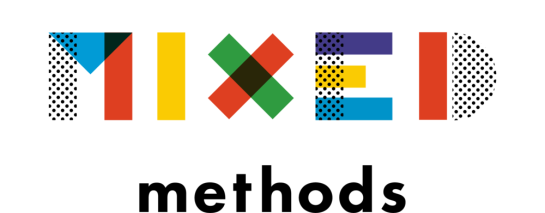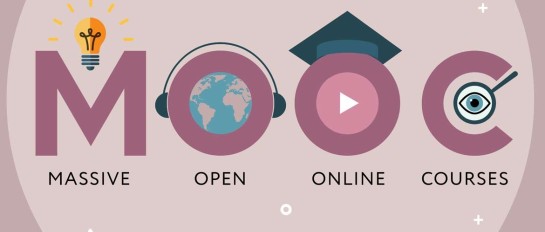
In this blog post I will be looking at the first (of several) online education articles in terms of their methodological approach taken. In keeping with the previous post, in which I identified the MOOC topic as a potential option for the dissertation, I have decided to explore an article on that subject. My chosen article for this post is a 2010 paper by Mackness et al. that was presented at the 7th International Conference on Networked Learning and was published in their proceedings.
This paper explored the ideals and reality of participating in a MOOC, using an online survey that was emailed to active MOOC participants, in addition to email interview data from self-selected interviewees. Unfortunately, the article did not provide any insights into the philosophical position of the study, nor the research paradigm and rationale. However, inferences can still be made. The study clearly adopted a mixed method approach, which would appear to adhere to a ‘relativism’ stance as discussed in Tutorial 5 “Linking Philosophy and Methods”. With relativism, the positioning is somewhere between qualitative and quantitative, with assumptions that it is difficult to gain a clear understanding of these structures. It is also said to triangulate data based on different research perspectives and methods. So why was this positioning used in this study? Why incorporate both qualitative and quantitative data collection methods? Well, according to the article, the data collection consisted of two stages, in which the participants were first surveyed about their preferences for communicating in blogs and forums. Next, the analysis of the survey responses informed the email interview questions that further explored the participants’ learning experiences. The survey was emailed to a total of 301 participants (bloggers, forum users and course instructors), with 90 responses. Apparently, the survey responses alone generated enough data to produce another research paper, thus indicating that this scale of survey data (300 invitations with around 100 responses) may be appropriate for a Masters-level dissertation.
Apparently, 22 responses were then received for the “email interview”, which unfortunately was not sufficiently explained in the paper. From my experience, the requirement for in-depth quality data from interviews precludes the option to conduct them via email. I have always conducted my research interviews face-to-face or via Skype for those based outside of the UK. Getting back to the article, sadly no information was forthcoming about the actual analysis that was conducted on either dataset, thus I am limited as to what I can learn from this study. Certainly the option of conducting a mixed method study is feasible, although the subject of my dissertation would need to have research questions that were strongly aligned with this approach of gauging initial opinions via surveys and then further exploring the topics via interviews. Certainly, this approach would be the most time-consuming – not only due to the two very different datasets to be analysed, but also due to the waiting associated with the surveys plus the two-stage aspect which means that I would not be able to begin the interviews until the survey data had been received and analyzed. Due to the timescale for the dissertation, this may prove too challenging, although at this stage I shall keep my options open. For now, I have some food for thought as I continue to read around the MOOC (and other) topic(s) and explore different options for the dissertation.
Jordan
References
Mackness, Jenny, Sui Mak, and Roy Williams. “The ideals and reality of participating in a MOOC.” Proceedings of the 7th International Conference on Networked Learning 2010. University of Lancaster, 2010.


